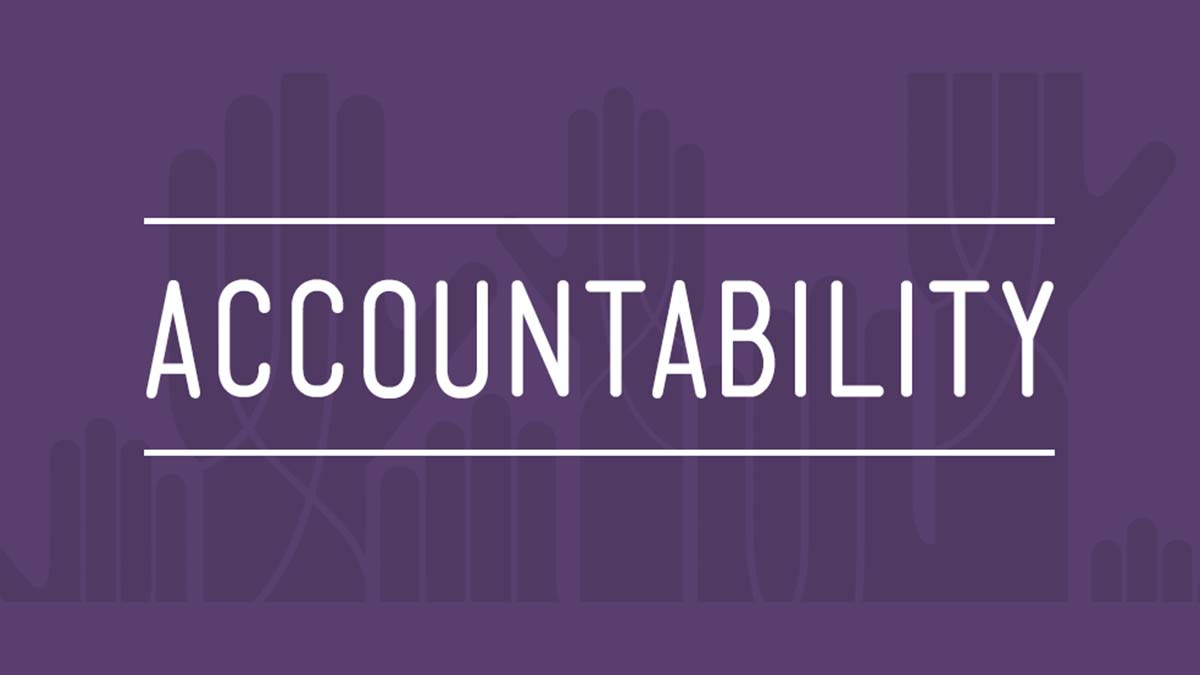It’s a fact. Great workplace culture boosts creativity, productivity, and innovation. But while more than 90 percent of CEOs and CFOs say that culture is important, only 15 percent say their firm’s corporate culture is where it needs to be. The companies that are challenging norms and setting new trends, all while driving financial performance, are the ones that have invested the time and energy into crafting a company culture that is so solid, it’s a brand. This is a powerful tool for company success, however too often companies try to fake a company culture or force it into existence. Companies that use this “fake it ‘til you make it” method have unhappy employees who feel pressured to present a company image that is not true to their actual culture.
A perfect example of a strong company culture that came before success is Netflix. Even from their early days as a small startup, Netflix had an amazing company culture and implemented processes to sustain and grow the culture. Mailing DVDs was not the killer idea, but having a culture that highlighted working together to serve their members and promote growth was. Even if your company offers amazing products and has fantastic relationships with banks, venture capital and private equity firms for extra capital, company culture can make or break you in no time.
Although corporate culture might seem like a vague concept, here are some thoughts on how to cultivate and shape your company culture in a way that is conducive to a happy staff and even greater company growth.
Culture Grows from Your Purpose
So you understand the importance of having good company culture and you’ve decided to invest the time into developing one that works for your team. But as a leader, how can you help pave the way? The first step is simple: remember that your team is always watching what you do and say. It is you and your leaders’ unwritten responsibility to take on the role of Chief Accountability Officers and lead by example. Trust and respect begin and end with you, so set a good example by making yourself accountable while encouraging your team to do the same.
Next, make sure your employees all understand what the greater purpose is for the company. This purpose should be something that everyone in the company, no matter their role, can understand. They should see how their job helps the company deliver on your purpose. A good company purpose is something that clearly states what your company is doing to make someone else’s life better. Make sure this purpose is openly shared and is something everyone can relate to, discuss and get excited about.
When coming up with your purpose, make sure it’s one that everyone on your team can align on and will be able to grow with your company as you begin to scale. A couple of examples of companies with great purpose statements: TOMS Shoes, “To make life more comfortable.” and Kellogg, “Nourishing families so they can flourish and thrive.” Remember: This purpose is different than your vision, mission and values, and will be the starting point on your journey to building a strong and lasting culture.
Pro Tip: Your Vision is what you would like your company to become, your Mission is what business you are in and how you will accomplish your Vision, and your Values are the rules of the road. Values are a great guide to help “hire and fire”.
The Golden Rule
We all know the Golden Rule – “treat others as you would like to be treated.” This rule applies to just about everything in life, including the workplace. A strong, positive company culture is dependent on an environment of trust and respect. Build, encourage, exemplify and foster mutual trust and respect throughout your company. Trust and respect develop when accountability exists consistently across your organization. Fear is not a conduit to trust and respect. Instead, encourage transparency and authentic conversations that happen organically. The right balance of trust combined with accountability allows great business ideas to flourish.
People First
Make it a priority to be a “people-first” company. Being people-first means putting employees first, even before your customers and partners. This starts with giving extra attention to ensure you are recruiting and hiring the right people. In addition to assessing talent and capabilities, candidate interviews and even employee performance reviews should be measured against your company values. Using this method, you will know that both new hires and existing talent are a good cultural fit and thus will contribute to sustain the integrity of your core values. Having a people-first philosophy is as fundamental as trust and respect – they are the foundation on which “everything culture” is built.
Pro Tip: Since people first, trust, and respect are the core of what is needed to be successful, you can build your Purpose, Vision, Mission, and Values on top of this foundation without even mentioning them specifically. Challenge the team to go beyond, “I need to work with people I trust” – of course you do!
Don’t “Create” Culture
This may seem counterintuitive, but you really can’t create culture. You can seed it, nurture it and help it grow, but you can’t create something just because you write it down. Executives have tremendous influence over how and when the culture-growing seeds are sewn. These seeds can be introduced to your teams bit by bit, and with every seed you plant, ask your employees to provide input. Get HR involved to provide structure, guidance and continuity as your culture continues to mature. Don’t forget that you are “seeding” your culture from your very first interaction with candidates and then every day forward.
Don’t Get Complacent
It takes a lot of time and effort to establish a strong and positive company culture, but it can all come crashing down if you do not continue to nurture and appreciate it – very much like a relationship. Whatever you do, don’t “set it and forget it.” You can’t expect a seedling to grow into an oak tree if you abandon it in its infancy. Continue to recruit people to your organization that reinforce your core values, and make sure your team remains aligned on the common purpose.
One way to make sure you are hiring the right people is to have them give you examples of how they are already living your core values outside of the workplace, even before they become employees. During my time at GoDaddy, the core values that I helped roll out to our team of over 4,000 employees were: Be Extraordinary, Own Outcomes, Join Forces, Work Fearlessly, and Live Passionately. We would not hire employees if they could not give clear examples of how they were already living those core values. You cannot expect people just to start to live your core values because you write them on the wall. You need to hire and fire based on your core values.
The soul of a company lies in its culture, so take the time to start cultivating yours early and often. It will not only make your people happier, but it will lessen potential growing pains as you begin to scale. As the company changes and evolves, so will its culture. Continuous cultivation and thinking critically about what you want out of your company will eventually coalesce into a tangible, comprehensive culture that your team can proudly stand behind and is naturally sustaining. With a solid culture, your company will be more nimble and capable to compete and adapt to future opportunities.




